- Write by:
-
Wednesday, November 15, 2023 - 18:17:10
-
105 Visit
-
Print
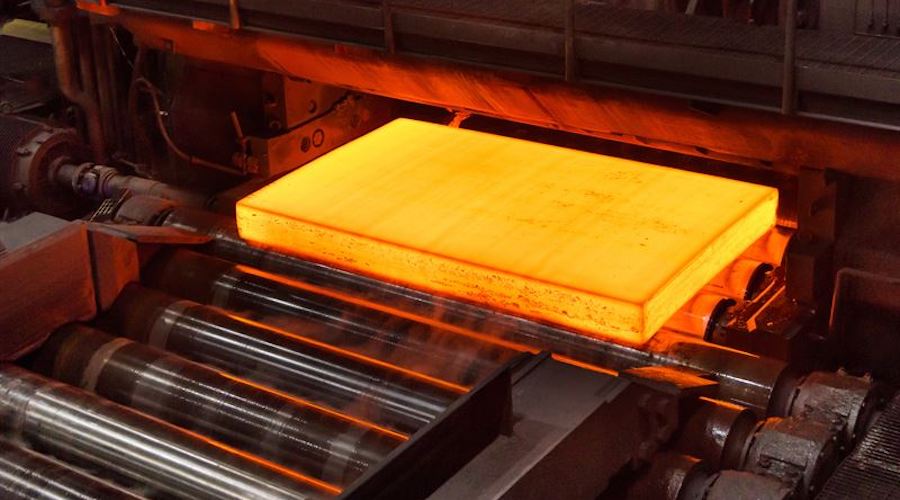
Mining News Pro - Electrical equipment multinational ABB released a report spotlighting three initiatives that are using carbon capture technology, hydrogen and electrochemistry as routes to decarbonizing primary steel production.
According to the report, Brazil, China, India, Sweden and the US are the countries leading the way towards fossil-free steel, a key element of the United Nations Paris Agreement on climate change. The deal asks for limiting global temperature increase to below 1.5 °C compared with pre-industrial levels, a goal that implies that the steel industry must achieve a target of net zero emissions by 2050.
At present, steel production is considered one of the six ‘hard to abate’ sectors. Globally, it is responsible for an estimated 8% of the world’s energy demand and generates between 7% to 9% of CO₂ emissions – most of which are from burning fossil fuels, according to various sources including the recent International Energy Agency Iron and Steel Technology Roadmap.
Among the initiatives working towards addressing the issue are the Hydrogen Breakthrough Ironmaking Technology (HYBRIT), piloted in Sweden by steelmaker SSAB, state-owned iron ore miner LKAB, and state-owned energy company Vattenfall to make steel using green hydrogen and fossil-free electricity using the high-grade iron ore from the LKAB mines instead of coking coal.
The report also highlights the work conducted by the ResponsibleSteel industry association-backed Aperam, which has interests in stainless steel and agriculture and focuses on the use of charcoal produced from its own 100,000 hectares of FSC-certified forests in Brazil as a renewable substitute for coal-based coke in steelmaking to significantly reduce CO₂ and entirely eradicate the use of extractive coal.
Finally, the HIsarna process by Tata Steel in India, which uses a powdered form of the raw ore material instead of processed ores such as coke, sinter or pellets to make liquid pig iron, is praised as it can reduce emissions by up to 20% compared with the traditional Blast Furnace-Basic Oxygen Furnace (BF-BOF) method.
“Regulatory, commercial, and social drivers are accelerating the journey to decarbonize steel,” Frederik Esterhuizen, global business line manager for metals at ABB, said in a media statement.
“But to address the core challenges set out in ABB’s report and phase out fossil fuels, the steel industry will need powerful, integrated solutions and must collaborate at every level of the global steel supply chain in order to succeed.”
Short Link:
https://www.miningnews.ir/En/News/627665

Brazil’s Corumba region could more than double iron ore shipments through neighboring Uruguay this year if there is ...
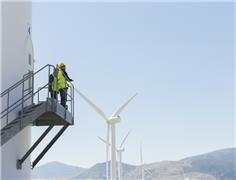
When former boss Mark Cutifani left Anglo American Plc in mid-April 2022, things had rarely looked better for the ...
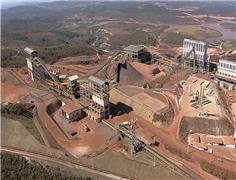
Brazilian miner Vale SA sees no impact from BHP Group’s bid for Anglo American on the latter’s Minas-Rio project, its ...
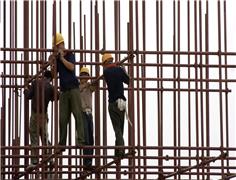
Iron ore futures were poised for a third straight weekly rise as prices largely consolidated gains on Friday, with ...
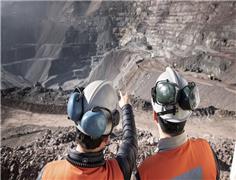
Anglo American Plc said it is has received an unsolicited non-binding combination proposal from BHP Group.
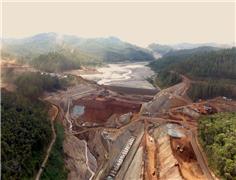
Mining company Vale expects to reach a final agreement with authorities for reparations for the collapse of the Samarco ...
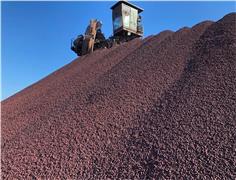
Brazilian miner Vale on Wednesday said lower prices for iron ore, nickel and copper in the first quarter dragged down ...
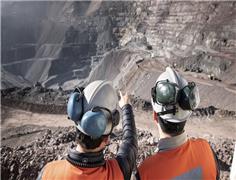
Anglo American Plc said it is has received an unsolicited non-binding combination proposal from BHP Group.
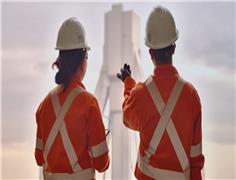
BHP Group Ltd. proposed a takeover of Anglo American Plc that values the smaller miner at £31.1 billion ($38.8 billion), ...
No comments have been posted yet ...